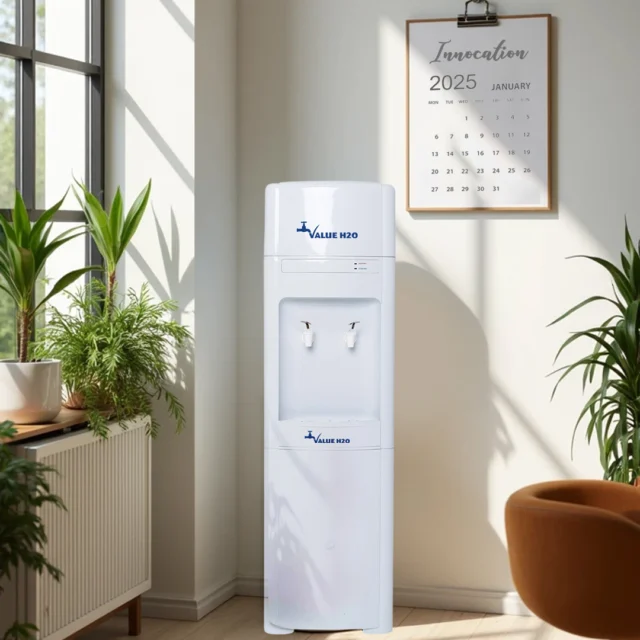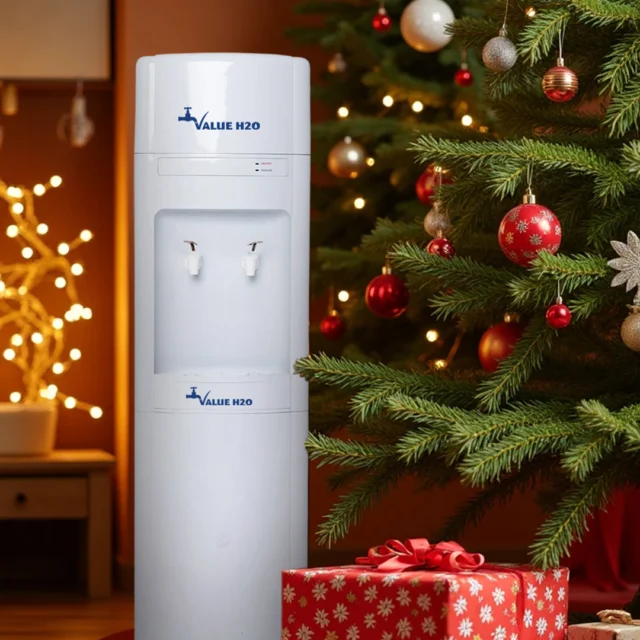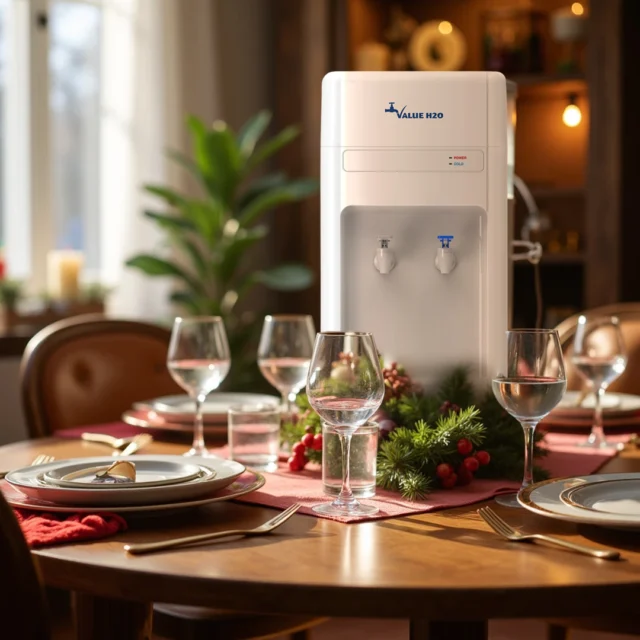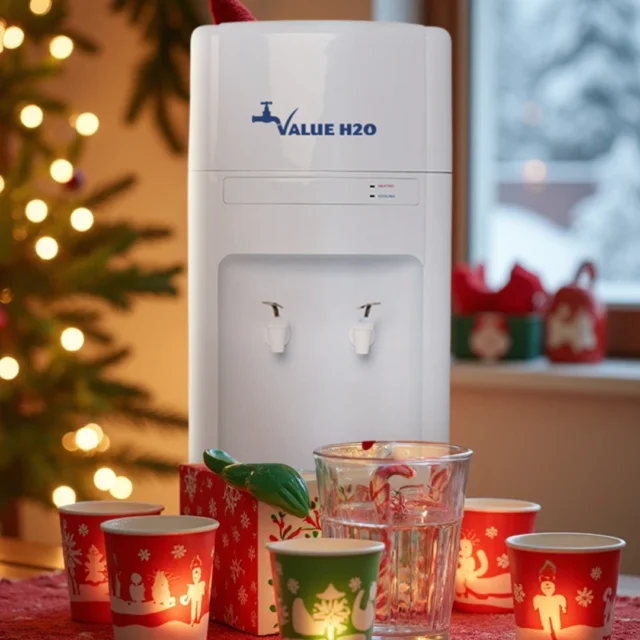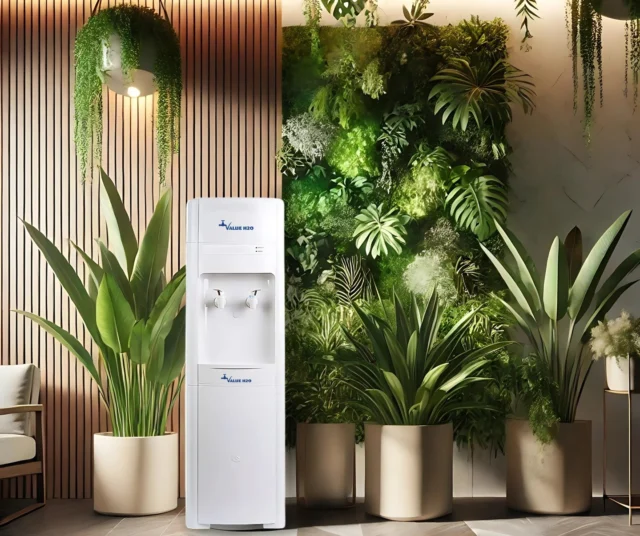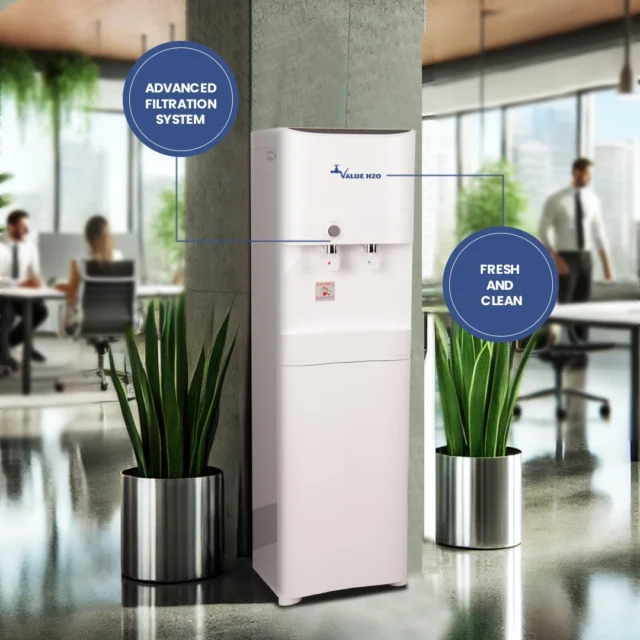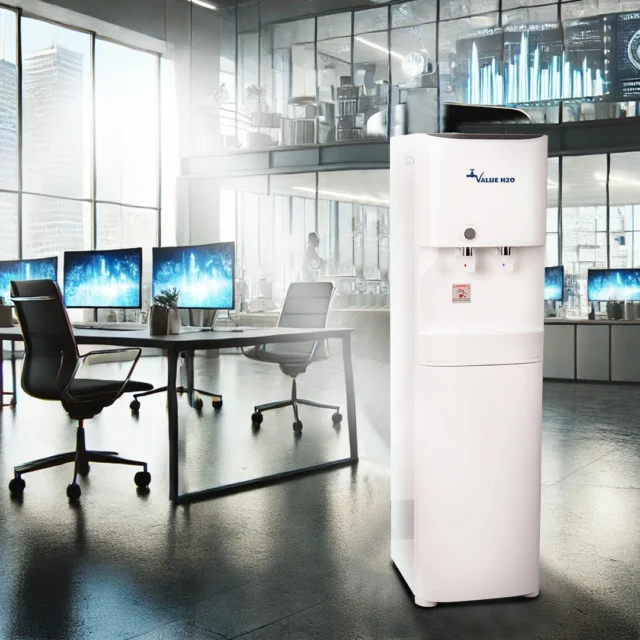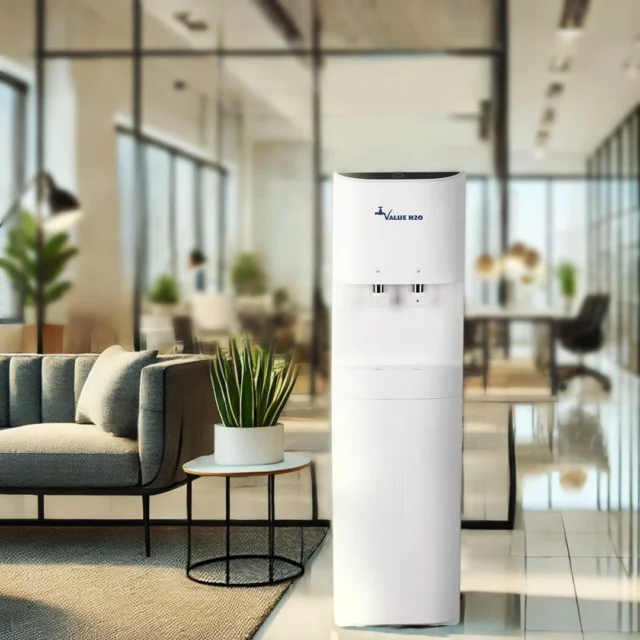Introduction
As businesses across Australia place more focus on sustainability, many are seeking green certifications to showcase their environmental efforts. These certifications—like NABERS, Green Star, and WELL—aren’t just nice-to-haves; they’re becoming essential credentials for workplaces that want to demonstrate leadership in sustainable and healthy office environments. Achieving these benchmarks means making practical decisions every day, and one simple yet effective way to support these initiatives is through sustainable hydration systems. In this article, we’ll explore how water coolers contribute to green certifications and how Value H2O’s eco-friendly solutions help offices meet environmental benchmarks while keeping employees refreshed and supported.
Understanding Green Certifications
Green certifications are formal recognitions awarded to buildings and organisations that meet specific environmental and performance standards. These certifications help measure an office’s environmental footprint, guide improvements, and boost credibility among clients, stakeholders, and employees alike.
Some of the most widely used certifications in Australia include:
- NABERS (National Australian Built Environment Rating System): Measures performance across energy, water, indoor environment, and waste, helping businesses identify areas of improvement.
- Green Star: Administered by the Green Building Council of Australia, this rating tool assesses the sustainability of building projects across design, construction, and operations.
- WELL Building Standard: A performance-based system focused on health and wellbeing, including air, water, nourishment, and comfort.
Each of these frameworks values resource efficiency, reduced waste, and enhanced indoor environmental quality—all of which are supported by smart water cooler choices.
How Water Coolers Support Green Goals
Sustainable water coolers—especially bottleless or plumbed-in models—can contribute positively to several certification areas. While they may seem like a small feature, water coolers can influence multiple credit areas in rating systems:
- Reduced waste: Plumbed-in coolers eliminate the need for single-use bottled water, decreasing landfill contribution.
- Improved indoor environmental quality: Encouraging hydration with clean, easily accessible water supports health and comfort in the workplace.
- Lower operational impact: Energy-efficient water coolers reduce electricity use over time.
- Sustainable product selection: Choosing durable, long-lasting systems supports better lifecycle impacts and fewer replacements.
Value H2O’s product range includes high-efficiency, low-impact water coolers that align with these green goals, making them an easy win for sustainability teams.
Supporting the WELL Standard Through Hydration
The WELL Building Standard puts human health and comfort at the centre of sustainable design. One of its hydration-related features includes ensuring water dispensers are available within a set distance from regularly occupied spaces—usually around every 30 metres.
Value H2O helps meet these hydration requirements by:
- Providing mains-connected systems that supply a consistent stream of filtered water
- Offering compact and freestanding models for placement flexibility throughout the office
- Supporting wellness goals through touch-free, hygienic dispensing and BPA-free water options
With hydration being essential for cognitive function, energy, and morale, water cooler access contributes directly to a healthier workplace.
Contributing to NABERS and Green Star Ratings
NABERS and Green Star both assess how water is managed and how waste is reduced throughout office operations. By using Value H2O’s systems, offices can:
- Minimise plastic waste: Bottleless systems reduce reliance on plastic, contributing to waste diversion credits
- Reduce energy use: Energy-efficient cooling systems and smart temperature controls help lower operational emissions
- Promote behavioural change: Easy access to high-quality water encourages employees to use refillable bottles rather than disposable drinks
These factors not only improve daily office operations but support long-term environmental strategy.
Choosing the Right Cooler for Certification Goals
Selecting the right water cooler involves more than capacity or design—it also means choosing a product that aligns with your sustainability goals. Offices aiming for certification should prioritise:
- Bottleless systems: These eliminate waste and reduce logistics around water delivery and storage
- Energy-efficient units: Look for models with eco modes, insulated tanks, and reduced standby power
- Durability and maintenance: Long-lasting systems lower replacement frequency, reduce material waste, and improve cost efficiency
All of Value H2O’s models are built to perform with low maintenance requirements and energy-conscious designs. Our team can also assist in selecting the right unit to support your broader ESG initiatives.
Additional Benefits of Sustainable Hydration
Investing in green-certified infrastructure and equipment has flow-on benefits beyond certification itself:
- Boosting brand reputation: Clients and employees value sustainability, and your choices help demonstrate leadership.
- Enhancing employee engagement: Thoughtful amenities like clean, filtered water show staff that their comfort and wellbeing matter.
- Lowering long-term costs: Energy savings, fewer replacements, and lower waste collection fees all contribute to better financial performance.
Sustainable hydration is not just a checkbox—it’s part of a holistic workplace strategy.
Conclusion
As the demand for greener, healthier office spaces continues to rise, so does the importance of thoughtful infrastructure choices like water cooler selection. From supporting hydration-focused WELL criteria to helping reduce plastic waste under NABERS and Green Star, Value H2O’s water coolers offer a smart, sustainable step toward certification. With efficient technology, long-lasting performance, and environmental benefits built in, they’re more than just a convenience—they’re a contribution to your office’s long-term sustainability. Whether you’re building a new space or retrofitting your current one, Value H2O is here to help you take another confident step toward a greener future—one refill at a time.
FAQs Answered:
How do water coolers contribute to green certifications in offices?
Water coolers, especially bottleless or plumbed-in models, play a significant role in achieving green certifications like NABERS, Green Star, and WELL. They reduce single-use plastic waste, promote energy efficiency, and support employee wellbeing by providing easy access to clean, filtered water. These factors align with the criteria set by green building standards, helping offices demonstrate their commitment to sustainability.
What are the benefits of using bottleless water coolers for sustainability?
Bottleless water coolers eliminate the need for plastic bottles, reducing environmental impact and waste. They also decrease the carbon footprint associated with manufacturing and transporting bottled water. Additionally, these systems often feature energy-efficient technologies, further supporting a sustainable office environment.
How do water coolers support WELL Building Standard hydration requirements?
The WELL Building Standard emphasizes occupant health and comfort, with hydration being a key component. It recommends providing accessible, clean drinking water within a certain distance from all workstations. Value H2O’s bottleless water coolers can be strategically placed throughout the office to meet these requirements, encouraging regular water intake and supporting overall employee wellbeing.
What features should a water cooler have to align with NABERS and Green Star certifications?
To align with NABERS and Green Star certifications, a water cooler should be energy-efficient, reduce waste, and promote sustainable practices. Features to look for include:
- Energy Efficiency: Models with low energy consumption and standby modes.
- Waste Reduction: Bottleless systems that eliminate single-use plastics.
- Durability: Long-lasting units that require minimal maintenance.
- Water Efficiency: Systems that minimize water wastage.
These features contribute to better resource management and align with the sustainability goals of these certifications.
How can water coolers help reduce plastic waste in offices?
Traditional bottled water coolers rely on large plastic jugs, which contribute to significant plastic waste over time. By switching to bottleless water coolers, offices can eliminate the need for these plastic containers, thereby reducing their environmental footprint. This change not only supports sustainability goals but also simplifies logistics and storage concerns related to bottled water.
